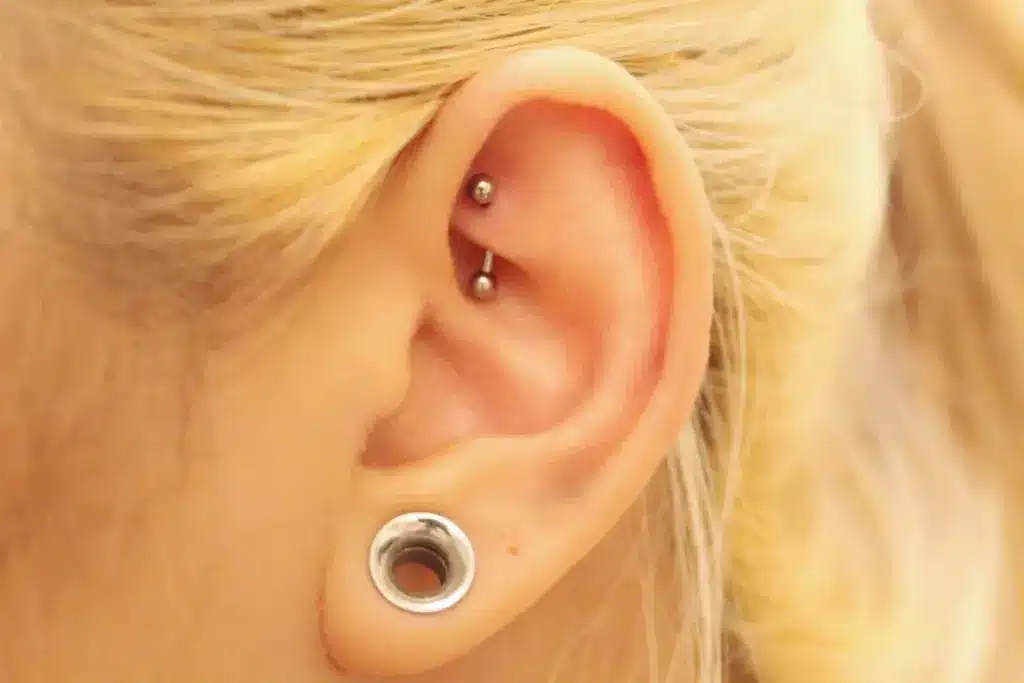Neurological Exam: Purpose, Procedure, and Importance for Brain Health
A neurological exam is a physical assessment designed to detect any signs of disorders affecting your brain, spinal cord, and nerves”collectively known as the nervous system. These exams are essential for healthcare providers to evaluate how well your nervous system functions and determine the best course of care. Each neuro exam is personalized and based on your specific needs and symptoms. Because the nervous system is complex, a thorough exam”including physical checks and interviews”may take some time.
For those with nervous system disorders, regular neurological exams are vital for tracking treatment progress and helping providers adjust your care as needed.

Why are Neurological Exams Important?
A thorough assessment of the nervous system is crucial if there is any suspicion of an underlying problem. Nervous system impairments can affect daily functioning, so early detection with a neurological exam makes it easier to find the cause and prevent long-term complications.
You could have a full neurological exam in Turkey under the following circumstances:
- During a regular check-up
- After any kind of trauma
- To monitor a disease’s development
- If the individual has any of these grievances:
- Errors in memory
- Headaches
- Hazy vision
- A shift in behavior
- Extreme fatigue
- Alterations in coordination or balance
- Arms or legs that are numb or tingly
- Lower range of motion in the arms or legs
- Head, neck, or back injuries
- High fever
- Seizures
- Unsteady speech
- Tremor
Neurological Examination Process in Turkey
A neurological checkup in Turkey begins with a discussion about your symptoms, their duration, and how they affect your daily life. It’s important to inform your neurologist about any other medical conditions you have.
Following this, your healthcare provider in Istanbul will conduct a thorough physical examination to assess different aspects of your nervous system function, tailored to your needs and concerns.
These consist of:
Cognitive state of mind
Testing your cognition can give you valuable insight into your memory, reasoning, and emotional state.
You might need to:
- Describe the day, time, and place in detail.
- Make a loud count.
- Elaborate on how you are feeling.
- Recite a few words back to back.
Evaluation of the cranial nerves
Your cranial nerves allow your brain and upper body to interact. This evaluation aids in identifying brain illnesses that target particular regions.
It might entail:
- Observing how your tongue, eyes, and face move.
- Testing your eyes and pupils
- Observing sense of hearing and smell
Coordination, Movement, and Balance
These neurological tests assess how effectively your brain communicates with the muscles that control movement, posture, and coordination. They evaluate your ability to move, maintain balance, and perform everyday activities, helping to identify any problems in the pathways that connect your nervous system to your muscles.
They might include:
- Touching your nose after closing your eyes.
- Testing movement in your arms and legs.
- Writing your name requires fine motor skills.
- Taking a few steps on your heels or toes, or walking straight.
Reflexes
Your neurologist evaluates your automatic responses”known as reflexes”by testing how quickly you react to common stimuli. These reflex tests help determine how well your brain and nerves are communicating with your body and can reveal issues in nerve pathways.
This could entail:
- Stimulating your foot’s sole.
- Using a rubber hammer to tap your knee or other tendons and feeling for movement.
- Checking to see whether your abdominal muscles contract by lightly touching the area there.
Sensory Examination
Your capacity to feel pain, temperature, and other sensations will be assessed in this section of the test. It might entail:
- Focusing on moving your toes while your eyes are closed.
- Using hot or cold things on your skin.
- Asking you if you feel a slight touch by a cotton ball.
- Using a tuning fork or a pin to make contact with various areas of your body.
Consciousness Level
This kind of examination measures brain activity while you’re not totally conscious. The Glasgow Coma Scale measures your capability to carry out fundamental commands, including:
- Responsive action to a command or order.
- Getting your eyes open.
- Speaking.
Autonomic Nervous System
Vital processes like respiration and blood pressure are under the direction of your autonomic nervous system.
This exam component could include:
- Your ability to exercise control over your bowels and bladder.
- Evaluating BP in different positions.
- Additional examinations as required.
Types of Neurological Examinations in Turkey
Here are the most popular procedures of Neurological Examinations in Turkey:
Cerebral Angiogram
A cerebral angiogram produces detailed X-ray images of the brain’s blood vessels using a special dye. During the procedure, a catheter is inserted into an artery in the groin while you lie on your back. The dye is carefully guided through the arteries to the brain, allowing doctors to visualize blood flow and identify any abnormalities.
CT Scan
During a CT scan, you will lie comfortably on a table while the scanner takes a series of detailed X-ray images. A head CT scan typically takes less than 30 seconds, while scans of other parts of the body may take up to 30 minutes.
Lumbar Puncture
For a lumbar puncture, you will lie on your side with your knees drawn up toward your chest. After numbing the lower back with a local anesthetic, the doctor inserts a small needle to collect cerebrospinal fluid. The procedure only takes a few minutes and, in the hands of an experienced practitioner, causes minimal discomfort.
Liv Hospitals – The Best Medical Care in Turkey
Neurological exams play a vital role in maintaining overall health and well-being. These evaluations help detect potential nervous system disorders early, allowing for timely intervention and improved outcomes. Regular neurological assessments not only support preventive healthcare but also guide ongoing treatment for existing conditions. After a neurological examination at Liv Hospital, you will gain a deeper understanding of your body and receive personalized recommendations designed to enhance your quality of life. Patients from around the world value both the high quality and affordability of neurological exams in Turkey.
Liv Hospital is dedicated to delivering world-class medical care through its network of seven hospitals equipped with advanced diagnostic technologies and a team of experienced specialists. Each neurological examination and treatment plan is tailored to meet individual needs, ensuring comprehensive and professional care in Istanbul.
Whether you require a routine neurological checkup or specialized evaluation for specific concerns, you can trust Liv Hospital to provide patient-focused, high-quality medical services that prioritize your long-term neurological health.
* Liv Hospital Editorial Board has contributed to the publication of this content .
* Contents of this page is for informational purposes only. Please consult your doctor for diagnosis and treatment. The content of this page does not include information on medicinal health care at Liv Hospital .
For more information about our academic and training initiatives, visit Liv Hospital Academy
Frequently Asked Questions
What is a neurological exam?
A neurological exam is a detailed assessment of the brain, spinal cord, and nerves used to detect potential neurological disorders and evaluate overall nervous system health.
Why is a neurological exam important?
It helps identify early signs of brain or nerve problems, ensures timely treatment, and prevents long-term complications related to neurological conditions.
When should I have a neurological exam?
You should get one if you experience headaches, memory issues, dizziness, vision changes, numbness, tremors, or after head or spine trauma.
How is a neurological exam performed?
The exam includes checks for reflexes, coordination, balance, muscle strength, sensation, cranial nerves, and cognitive functions like memory and attention.
How long does a neurological exam take?
A full neurological exam usually takes between 30 minutes and one hour, depending on your symptoms and the complexity of testing.
What tests may accompany a neurological exam?
Additional tests may include CT scans, MRIs, lumbar punctures, or cerebral angiograms for detailed brain and nerve imaging.
Is the neurological exam painful?
No, most parts are noninvasive and painless. Some procedures, like a lumbar puncture, may cause slight temporary discomfort.
What happens after the exam?
Your neurologist will discuss the results, explain any findings, and create a treatment or follow-up plan based on your needs.
How often should neurological exams be done?
For individuals with neurological conditions, regular exams are recommended to monitor progress and adjust treatment.
Why choose Liv Hospital for neurological exams?
Liv Hospital offers advanced diagnostic technology, experienced neurologists, and personalized care in a patient-friendly environment in Turkey.










